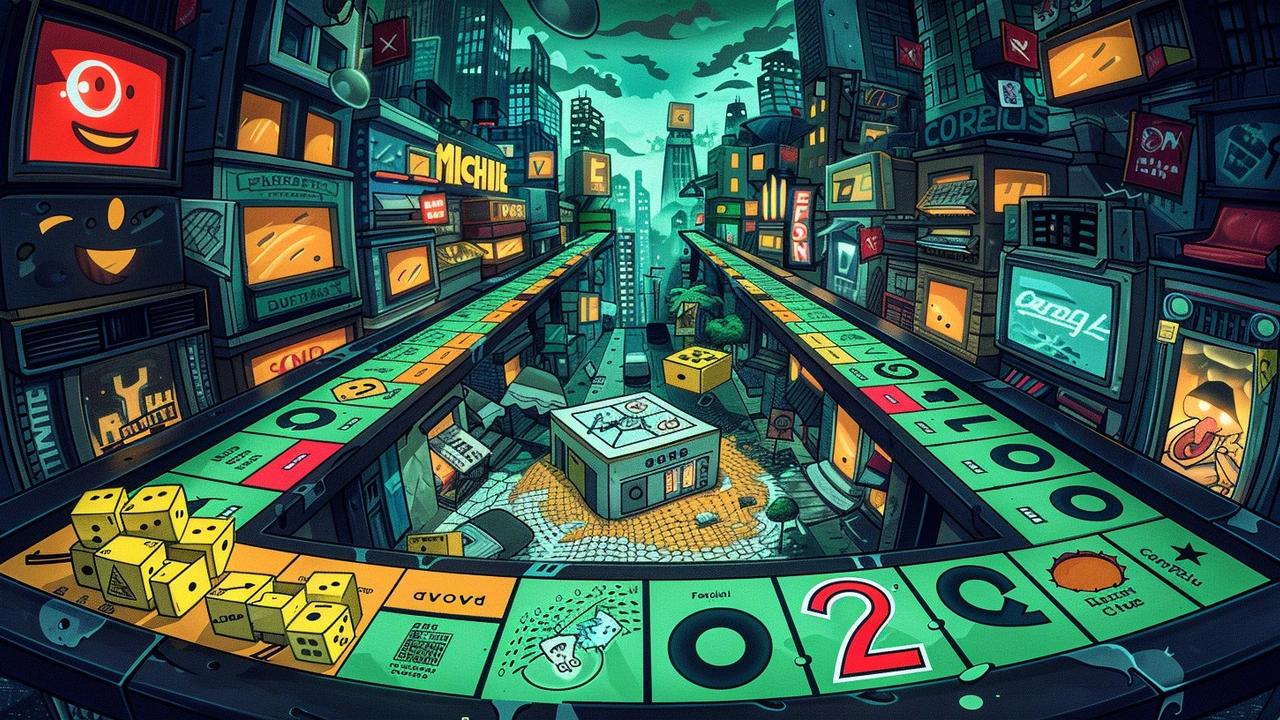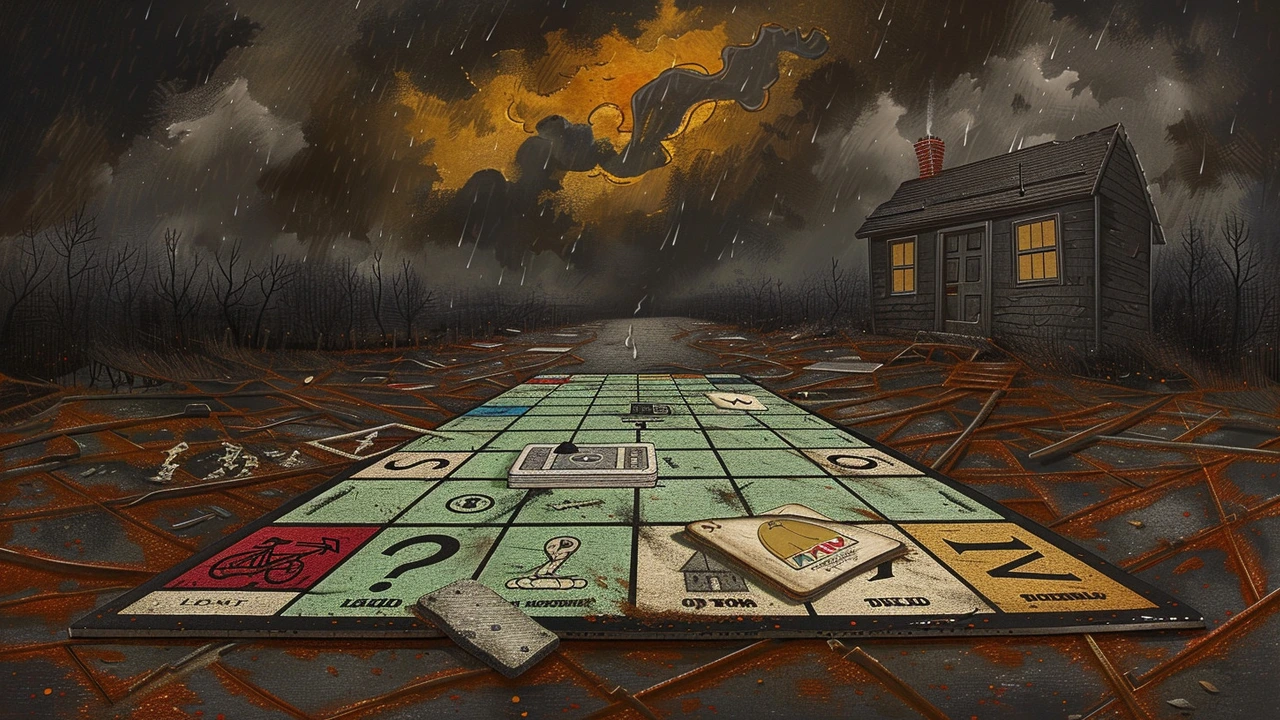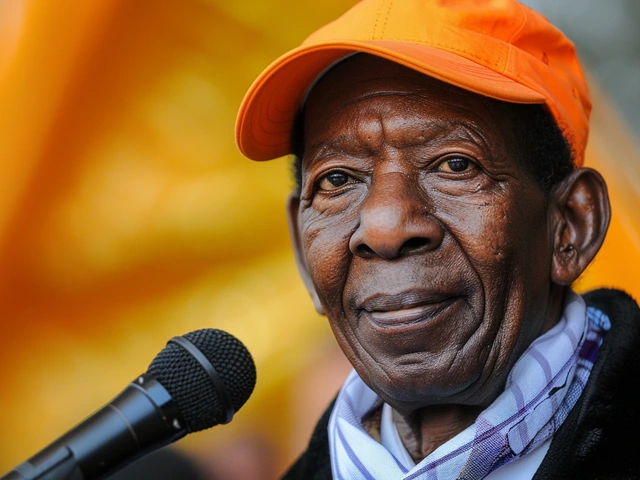Introduction: A Generation in Financial Turmoil
As millennials approach midlife, many are grappling with financial insecurity, housing instability, and the daunting prospect of retirement without sufficient savings. This generation, born between 1981 and 1996, faces unique challenges compared to their predecessors. Despite their educational achievements and professional endeavors, the promise of the American Dream appears increasingly out of reach for many.
Case Study: Claire's Financial Struggles
Take, for example, Claire, a 42-year-old entrepreneur. At the age of 24, Claire channeled her savings from a part-time government job into opening a retail store. For a while, it seemed she was on the path to financial security. However, as years passed, the economic landscape shifted. Rising living costs, escalating home prices, and an unpredictable job market have left her struggling to afford a house. Claire's story is a reflection of the broader financial turmoil faced by her generation.

Survey Insights: Millennials Feel the Pinch
In a recent survey of 1,000 millennials, a staggering 81% expressed that they felt incapable of affording a midlife crisis. For many, the financial burdens are such that the frivolities often associated with midlife crises—like impulsive purchases—are entirely out of reach. Instead, their concerns are rooted in more fundamental financial anxieties.
Upbringing and Housing Woes
Claire's desire to live close to her mother, a retired librarian, is hampered by the skyrocketing home prices in her desired neighborhood. Her upbringing in a humble household, marked by financial prudence, stands in stark contrast to her current predicament. Despite wanting a modest income of $70,000 annually, she finds herself questioning the sustainability of her business and the financial implications of expanding her family by having another child.
Katie's Journalistic Journey
Another telling story is that of Katie, a 43-year-old journalist. Having been laid off multiple times, Katie's career in journalism has been marred by precarity. The decline of the industry has only exacerbated her financial concerns. To Katie, the concept of retirement feels more like a distant fantasy than an achievable goal. Her anxiety about building wealth is palpable, resonating with many of her peers in similar situations.

Wealth Disparities within the Generation
A dichotomy exists within the millennial cohort; the wealthiest among them have accumulated more wealth than previous generations, while the poorest are faring worse. This widening gap underscores the uneven distribution of economic gains and the impact of an unstable job market. More millennials are living with their parents longer, delaying having children, and remaining single into midlife, further highlighting the broader socioeconomic issues at play.
Job Market Realities
The instability in the job market is a recurrent theme in many millennials' lives. Industries that once offered stable, long-term employment now present precarious job conditions. Layoffs, like those experienced by Katie, are not uncommon. Many millennials, including journalists, find themselves navigating a career landscape fraught with uncertainty.
Conclusion: Uncertain Futures
Ultimately, the millennials' midlife crisis is characterized not by impulsive actions and expenditures, but by deep-seated anxieties over financial stability and retirement security. Claire's and Katie's stories are emblematic of a generation facing unprecedented economic challenges. As they move forward, millennials will continue to navigate these uncertainties, seeking new ways to secure their futures in an unpredictable economic environment.






